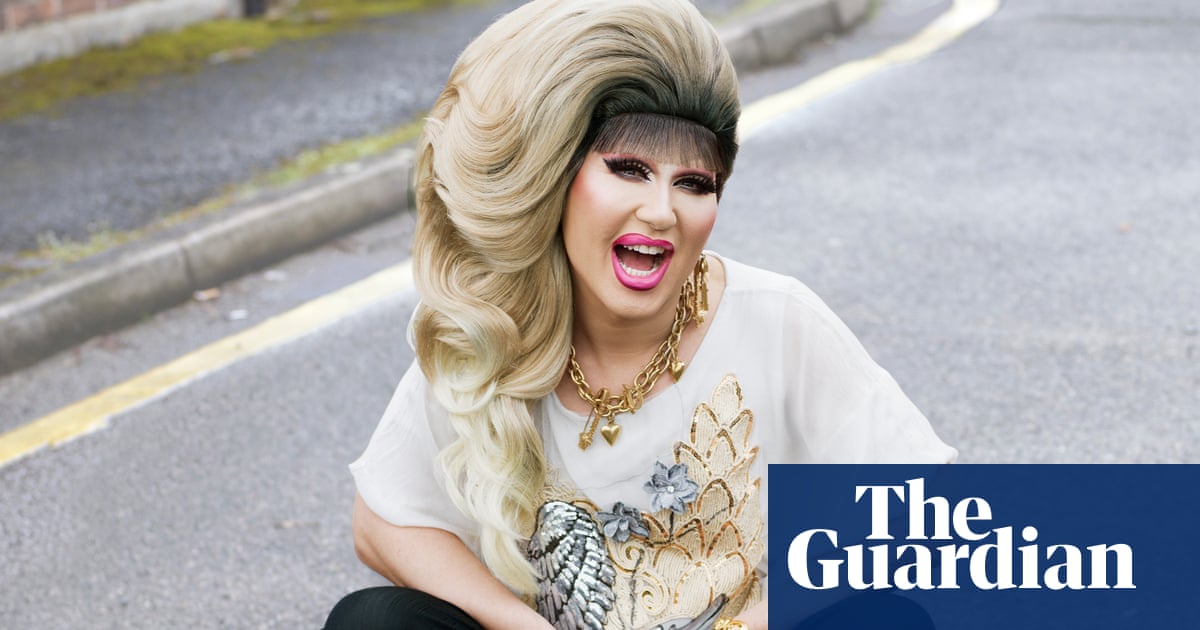
e all realised early on that the end of lockdown would be an anti-climax. There was never going to be one triumphant day when everything turned out fine. But now that the pubs have opened again and the Zoom quizzes have tailed off, it has turned out to be even more deflating than anyone could have expected. We’ve returned to reality-but-slightly-worse, a mundane dystopia where every activity is slightly less convenient and every decision weighted with moral ambiguity. For people who are still shielding, meanwhile, lockdown hasn’t ended at all. This disrupts the narrative that everything is fine now, so mostly isn’t talked about.
The country is returning to normality at a much faster rate than many of our bank balances. I’m not quite unemployed but the pandemic has decimated my income. With the industry I work in floundering and the country potentially heading into a worse recession than any other country in the world, there’s little hope of this changing any time soon. The government calling on the country to go out and spend, to “Eat out to help out”, is yet another example of how disconnected the Conservative party is from most of the country. Especially from the class of young people whose income is swallowed up by rent and debt.
However ambivalent I feel about the restrictions easing, I’m not nostalgic for lockdown. I started out determined to be productive, harbouring fantasies of learning Arabic on Duolingo, writing a book, and spending languid afternoons reading the complete works of Edith Wharton beneath a tree. But faced with a presumably unrepeatable opportunity for self-improvement, I mostly spent it watching Buffy the Vampire Slayer and getting into arguments on Twitter. Every Sunday, when my weekly screen-time report arrived on my phone, I would gasp in horror. Lockdown was a test I failed.
But it was at least straightforward. It was cheap, for a start, and easy enough to scrape by with little money. There was no fear of missing out on the expensive thrills of city life, because nothing was happening. Even losing work felt like a communal experience rather than an individual failing. If you weren’t a key worker, lockdown was a cocoon-like state of suspension. Now that it’s over, the reality we’re entering only draws out more sharply the inequalities we had all got used to. Some people are jetting off on foreign holidays or renting quaint little cottages in the Quantocks, but for the millions of people now out of work, this stage could mark the start of something worse.
It sounds glib to complain about Fomo, but being too broke to socialise can be brutally lonely. At least in summertime it’s affordable to have fun. If you live near a park and can rustle up five pounds for a four-pack of cans then you’re sorted. But as winter draws in and people begin to congregate in bars and restaurants, that fiver isn’t going to cut it. Come December, I can see myself scrolling through my friend’s Instagram stories and looking back fondly at the time when I wasn’t the only person stuck inside. Of course this isn’t a new problem: there have always been disparities in leisure time and disposable income; some people have always been on the outside looking in. But these divisions are becoming starker than ever, cropping up within families and friendship groups, with some industries collapsing and others holding up. New inequalities have emerged and those that already existed have been exacerbated.
Up until last year, I worked in hospitality. I mostly enjoyed this, and even after I quit it was comforting to know I could always go back. In pre-Covid-19 London, finding a bar job was easy, which meant you could always feel confident in your ability to pay your rent. Not any more. Across the industry there have been mass redundancies and venues are closing. People are applying for service jobs and finding themselves one of hundreds of applicants, while those who haven’t been laid off yet face an uncertain future. The era of sauntering into your local pub, handing in a CV and getting a trial shift the next day is over. Bar work often pays badly and offers little in the way of employment rights, but, however easy it was to get fired, it was equally easy to find a new job. The fact this is no longer the case adds an extra level of precarity to the economy, particularly for young people.
In many ways I’m in a privileged position: the worst-case scenario for me would be having to move back to my mum’s spare room in Scotland. While I would resent having to leave the city I consider home, it would hardly be a disaster. Plenty of people who have no such safety net are staring down the barrel of far worse. But I do feel abandoned by the government. Having only gone freelance recently, I wasn’t eligible for the self-employment scheme and when I applied for universal credit, along with 2 million other people since lockdown began, I found that it wasn’t anywhere near enough to pay my bills. As a result, I’ve ended up getting further into debt and burning through the money I’d put aside for tax (right now, my best hope is refusing to pay HMRC out of principle and becoming a Ned Kelly-style folk hero, beloved by freelancers everywhere). People deserve to have a safety net; they deserve to have their needs met. It’s clear that the government has failed in this. Boris Johnson’s assurance that everything will be back to normal by Christmas is laughable. Normal for who?
James Greig is a journalist based in London who writes for Vice, i-D and Huck












